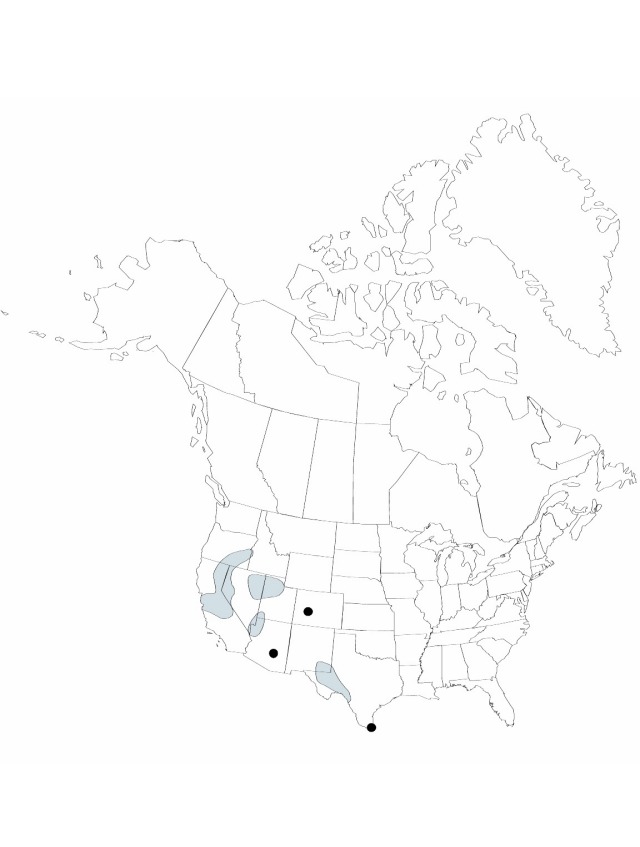Difference between revisions of "Stuckenia striata"
Preslia 68: 364. 1997.
FNA>Volume Importer |
FNA>Volume Importer |
||
| Line 8: | Line 8: | ||
}} | }} | ||
|common_names=Nevada-pondweed | |common_names=Nevada-pondweed | ||
| − | |basionyms={{Treatment/ID/ | + | |basionyms={{Treatment/ID/Basionym |
|name=Z & | |name=Z & | ||
|authority=Pavon | |authority=Pavon | ||
| + | |publication_title=Fl. Peruv. | ||
| + | |publication_place=1: 70, fig. 1066. 1798 | ||
}} | }} | ||
|synonyms={{Treatment/ID/Synonym | |synonyms={{Treatment/ID/Synonym | ||
| Line 57: | Line 59: | ||
|publication year=1997 | |publication year=1997 | ||
|special status= | |special status= | ||
| − | |source xml=https://jpend@bitbucket.org/aafc-mbb/fna-data-curation.git/src/ | + | |source xml=https://jpend@bitbucket.org/aafc-mbb/fna-data-curation.git/src/f6b125a955440c0872999024f038d74684f65921/coarse_grained_fna_xml/V22/V22_423.xml |
|genus=Stuckenia | |genus=Stuckenia | ||
|species=Stuckenia striata | |species=Stuckenia striata | ||
Revision as of 19:02, 24 September 2019
Stems branched distally, terete to 5-ridged, to 200 cm. Leaves: length and width of those on main stem 2 times or more those on branches; stipules with stipular sheaths not inflated, 1.2–3.4 cm, ligule 0.2–1.1 cm; blade linear, 5–21 cm × 0.4–5.1 (–8.5) mm, apex apiculate, cuspidate, or rarely round; veins 3–5. Inflorescences: peduncles axillary, rarely terminal, erect to ascending, cylindric, 1.2–5.2 cm; spikes cylindric, rarely moniliform, 13–45 mm; verticels 4–9. Fruits brown to reddish brown, obovoid to oblanceoloid, 3–3.9 × 2.8–3 mm; beak toward abaxial margin, erect or rarely recurved to apex, 0.2–0.3 mm. Chromosome number apparently unknown.not available.
Phenology: Flowering summer–fall.
Habitat: Waters of alkaline rivers, canals, and ponds
Elevation: 800–2000 m
Distribution

Ariz., Calif., Colo., Idaho, N.Mex., Nev., Oreg., Tex., Utah, Mexico, Central America, South America.
Discussion
Stuckenia striata is widespread, although not common, in the western United States, extending southward into Argentina and Chile. Potamogeton latifolius [no combination in Stuckenia has been proposed] was accepted by R. F. Thorne (1993b). After examining specimens throughout the range and studying dozens of populations in the field, we have determined that the two names represent the same taxon. We are placing P. latifolius in synonymy.
Selected References
None.